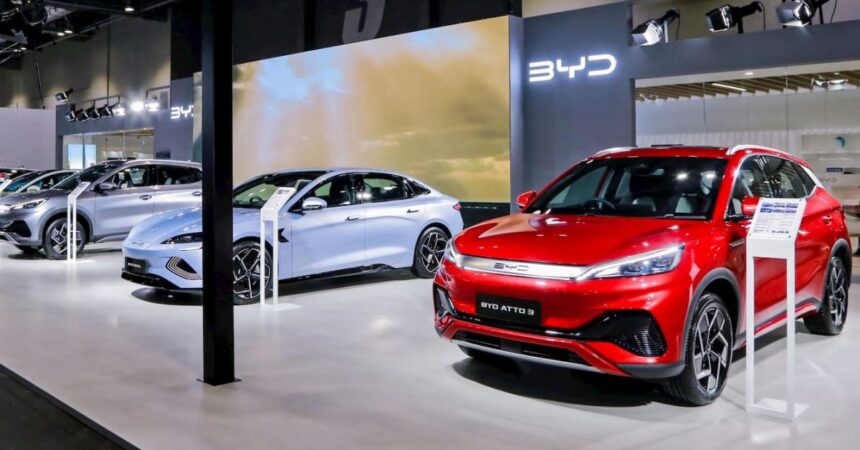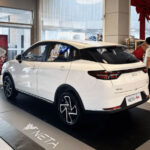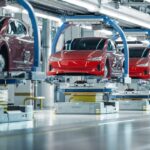Rumors have been circulating on social media that BYD, a leading electric vehicle (EV) maker in China, will be taking over NIO, another prominent player in the market. The rumor, which was posted by a suspected BYD employee, suggested that BYD would have majority control of a joint venture with NIO. However, NIO has denied these claims.
According to a report by CnEVPost, NIO’s assistant vice president for branding and communications, Ma Lin, refuted the rumors of BYD taking over the company. Ma even went as far as to ask BYD’s general manager of branding and PR if the person who posted the fake rumor was indeed an employee of BYD.
The suspected employee had claimed that BYD and NIO were setting up a joint venture, with BYD holding a 51% share and NIO holding the remaining 49%. However, both NIO and BYD have vehemently denied these claims, calling them “seriously untrue.”
While this is not the first time rumors of BYD acquiring NIO have surfaced, the attention garnered by this particular post due to the suspected employee has caused a stir in the EV industry. BYD has been on a major hiring spree recently, as the company works to meet the increasing demand for electric vehicles. With over 900,000 employees, BYD is now the largest A-share listed company in China.
In October, BYD achieved a milestone by selling over 500,000 vehicles in a single month for the first time. This surge in sales has propelled BYD to compete with global auto leaders like Ford in terms of deliveries. The company is also expanding overseas to further its growth.
On the other hand, NIO has been experiencing its own success, with sales surpassing 20,000 vehicles for the sixth consecutive month in October. The introduction of the new lower-priced Onvo L60 electric SUV has helped boost demand for NIO’s vehicles. NIO’s head of PR mentioned that the company’s recent performance has been positive, with cash flow turning positive in the third quarter and gross profit improving in October.
Looking ahead, NIO is set to launch its third brand, Firefly, with deliveries expected to begin in the first half of 2025. The company aims to double its sales next year as it works towards profitability by 2026.
In conclusion, while the rumors of BYD taking over NIO may have caused a stir in the industry, both companies are focused on their respective growth strategies and continue to make strides in the EV market.







